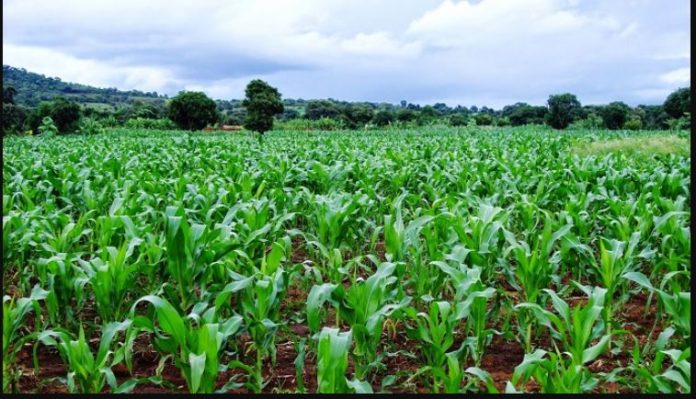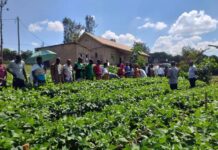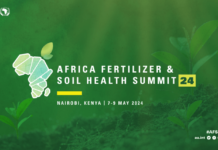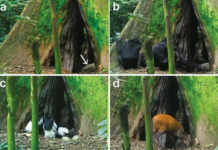The National Bureau of Statistics (NBS), Nigeria is set to conduct the first digitalised National Agricultural Sample Census (NASC) in three decades following a 29-year hiatus.
Adeyemi Adeniran, statistician-general of the federation and chief executive officer, National Bureau of Statistics (NBS), made the announcement and said the sector, despite accounting for approximately 25% of the economy and employing over 50% of the country’s workforce, lacks sufficient data to enhance its development. The census would provide statistical data that would aid both public and private policymakers on important decisions on how to increase productivity.
“It is important to know what we produce and how much of it we produce; what parts of the country they are produced, and the kinds of inputs needed; the size of manpower engaged, and the sorts of challenges encountered and what other potentials exist within the sector. All these kinds of information are what the NASC exercise seeks to collect,” he said.
Decennial censuses
Nigeria took part in the world agricultural census in 1950 and 1960 in response to the United Nations Food and Agriculture Organisation (FAO) request for all countries to undertake decennial censuses (every 10 years) in the agricultural sector. Thereafter, three censuses were held consecutively in 1974/75, 1984/85 and 1993/94.
The information obtained during the census before its suspension included household identification data on crops grown, livestock/poultry kept and fishing activities, demographic characteristics, land tenure, area planted, crops grown and yield, farm prices, farm inputs, livestock, fisheries and other insular activities.
Adeniran raised optimism that the forthcoming census, when completed, will provide a statistically sound database for stakeholders in the public and private sectors to take important decisions on how to increase the total output and develop it to maximise its potential throughout the entire value chain.
He added that it will also be complemented by surveys, administrative data collection, and other statistical activities to serve as a major input to the proposed gross domestic product (GDP) rebasing of the agriculture sector.
“The results of the census will also form a statistical framework for the conduct of subsequent agricultural surveys in Nigeria, capturing all aspects including crop production, livestock, poultry, fishery, and forestry,” he added.
Adeniran said the bureau has secured newly demarcated digitised enumeration area maps from the National Population Commission, which will be deployed for the conduct of this census. The newly carved out maps, he explained, will serve as a basis for the segmentation of the areas to be assessed, while enhancing the process of locating selected enumeration areas and communities. The first part of the census would be the listing of all farmers in the 774 local governments across Nigeria.










Great job Anita! Thank you so much to increase our knowledge about the agriculture sector in Nigeria.
Comments are closed.